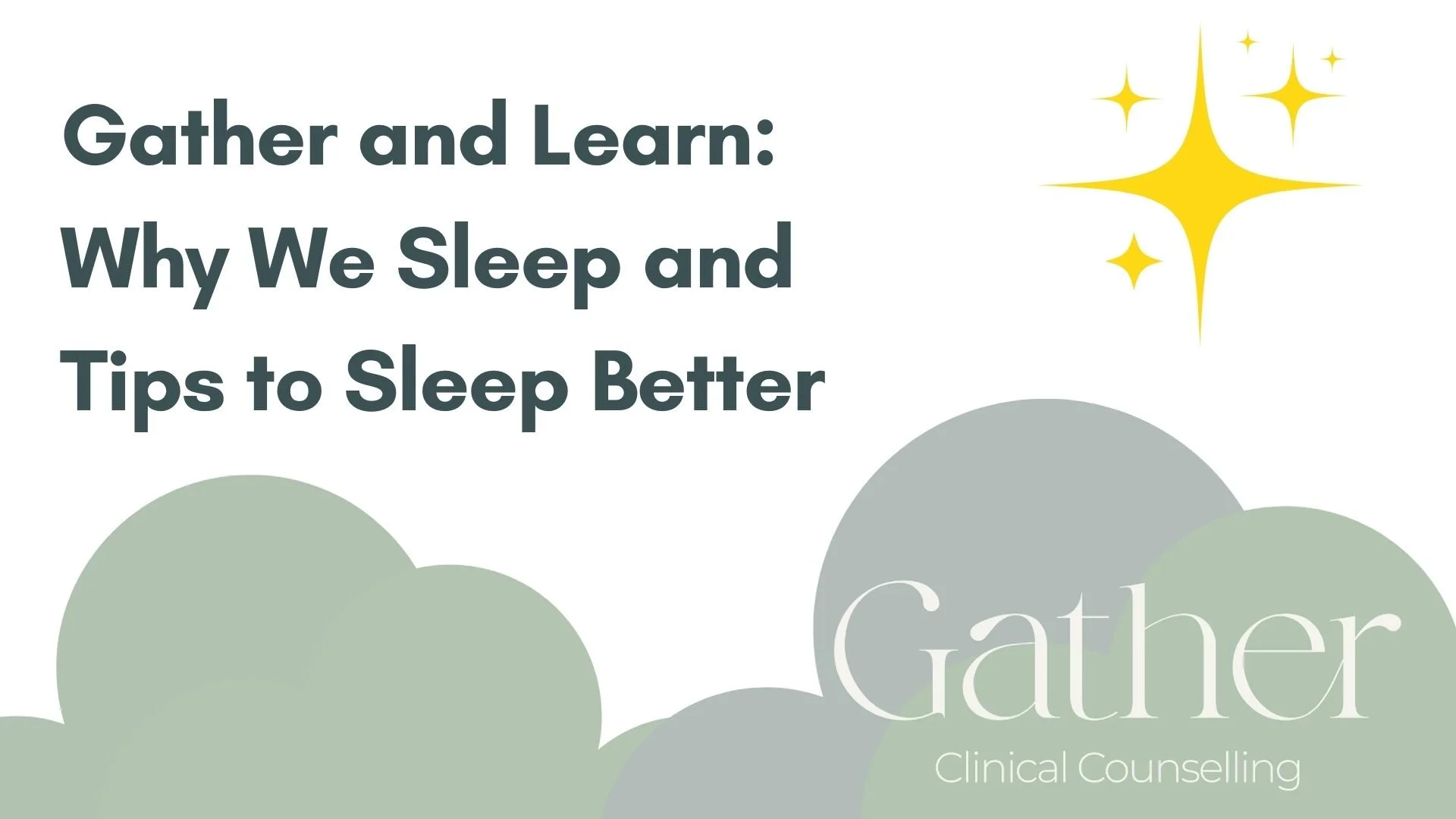Sleep
Why Sleep Matters
Sleep plays a vital role in our physical, emotional, and mental well-being. When we’re well rested, we think more clearly, cope with stress better, and feel more balanced throughout the day. But when sleep becomes disrupted—whether through trouble falling asleep, staying asleep, or waking up too early—it can affect nearly every area of life, from mood and concentration to relationships and overall health.
What Disrupts Sleep?
Sleep challenges can be caused by many factors, including stress, anxiety, depression, trauma, or changes in routine. Racing thoughts, restlessness, or emotional overwhelm often carry over into the night, making it difficult to relax and recharge. Over time, this can create a cycle of worry around sleep itself, leading to frustration and exhaustion.
How Therapy Can Help
Therapists can help identify the underlying emotional or psychological patterns that may be interfering with sleep. Through approaches like CBT, mindfulness, and stress-reduction techniques, therapy can help you develop healthier sleep habits, manage anxious thoughts, and create a more restful relationship with sleep. With the right support, better sleep is not only possible, it’s sustainable.
Other Resources
Catch Up On Our Sleep Webinar
Missed our recent Gather and Learn webinar on sleep? No problem. The recording is now available! Join us for an insightful webinar exploring the connection between sleep and mental health, hosted by the team at Gather. Whether you're struggling with rest or simply curious about how to support better sleep, this session offers practical guidance and thoughtful reflections to help you or someone you care about.
Watch anytime and take a step toward deeper rest and wellbeing. We also have a Blog Post you can read.

